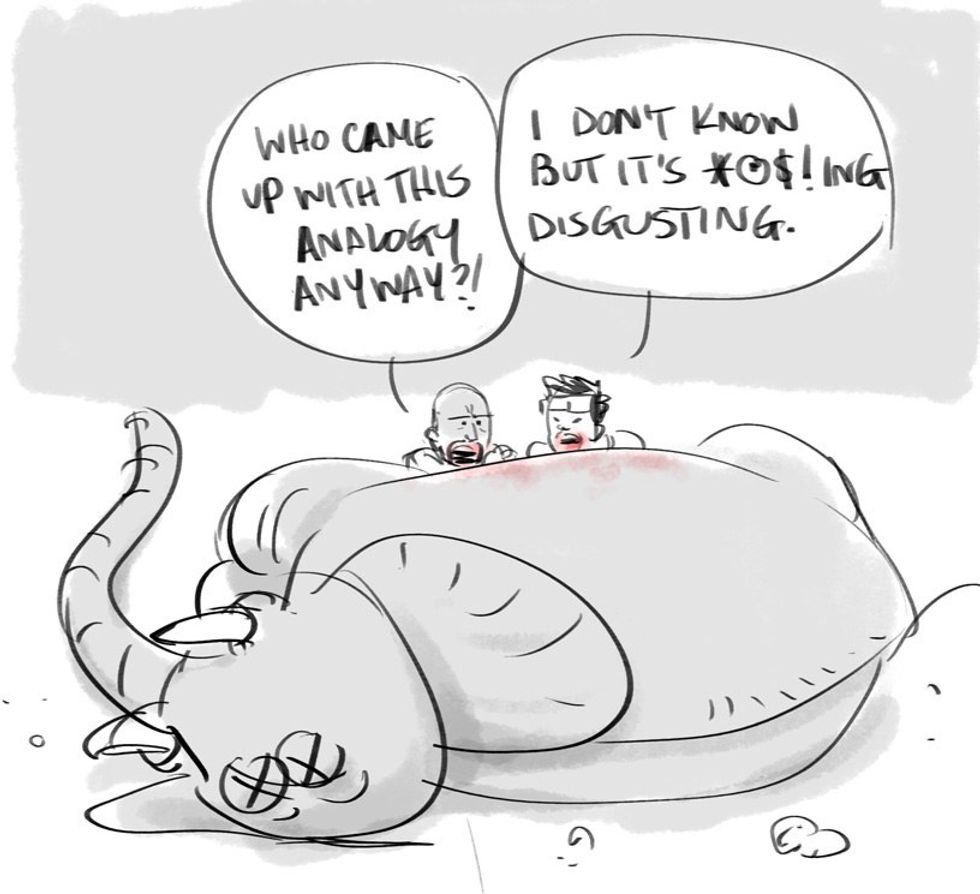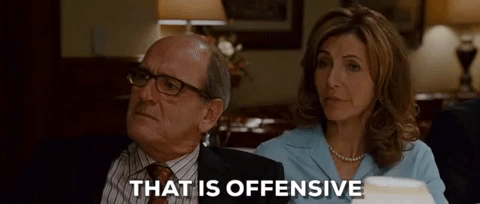Generation Y, the era of that grew up on Spongebob and Kid's Cuisine. If you ask them if they could have one thing on a stranded island they probably would tell you they would bring their cell phone. They speak in hashtags, acronyms and might not believe something happened if there wasn't a post about it on social media. These people, they are the Millennials.
It's humorous how this generation is studied like a new species that is increasingly inhabiting the workforce. If you Google millennials, you'll find countless articles on how to motivate, integrate communicate, and work with this new breed of people. While millennials are coined as being the most educated and technologically skilled generation ever, they are often seen as outsiders who are experiencing an awkward immigration to the working world. Often times, the generation's habits and tendencies clash with the working culture. Therefore, they are subject to becoming the laughing stock of the office.
Contrary to popular belief, not all millennials are wrenches that are being thrown into companies' systems. Some of them have both brains, a professional mentality, and a work ethic. Nevertheless, they still can be subject to the common stereotypes their generation faces. The best thing for millennials to do is to laugh it off and prove them wrong. Actions speak louder than words; therefore, common misconceptions can be reversed by breaking the following common millennial stigmas.
Stereotype 1) Obsessed with Social Media
Social media has cemented itself in our culture by now. People from all generations are using it and even companies see it as an essential marketing and performance engagement tool. However, the common perception is that social media is a way of life for mist millennials and that their egos are tied to their accounts. To beat this stereotype, one does not have to abandon social media altogether. At work, use social media as a tool and not a personal outlet. Don't speak in hashtags and use acronyms when you're in a meeting or talking to your boss. Don's say things like "OMG that lunch meeting was like so awesome #noms #fire." Or, "LOL I thought I was going to die this morning when we ran out of coffee this morning #firstworldprobs." Additionally, refrain from selfies unless it's common culture in your office. Save yourself the embarrassment and don't get caught taking selfies in your cubicle or the office bathroom.
Stereotype 2) Sense of Entitlement
One of the most commonly thrown around Millennial labels is the "sense of entitlement". Millennials grew up with their own toys, rooms, phones, cars and computers. Their childhood was filled with various clubs, sports and activities that handed out a certificate of achievement for simply showing up. Thus, people think these factors lead this generation to adopt an attitude of dueness and declaration. Whether this stereotype is true or not, Any generation is going to be a product of their upbringing. Consequently, the only way to distance yourself from this perception is to let your actions to speak for you. The workplace is not like college. Pretty much everything besides the air you are breathing in the office or work site is or was an expense to the business at some point in time. By hiring you, your employer made an investment in you. If you act like you're the one who hired them, you are headed for stormy waters.
Stereotype 3) Over-sensitive
Many members of older generations feel like they are walking on thin ice when they're communicating with millennials. They're afraid constructive criticism will be taken as a personal offense or attack. They've heard stories and rumors how unintentional cases have warped into someone feeling victimized. Instead of leaving your coworkers feeling like they are afraid to offend you, seek out feedback. Let them know that you want to know what you can do be better without them having to tell you first. The conversation is always less awkward approached from this angle.
Stereotype 4) Lazy
No matter what generation you are a part of; there is nothing more annoying and frustrating than working with lazy people. The solution to this problem is no secret. Get your job done, do it right and keep doing it that way.




 Photo by
Photo by  Photo by
Photo by 
 Photo by
Photo by 





















